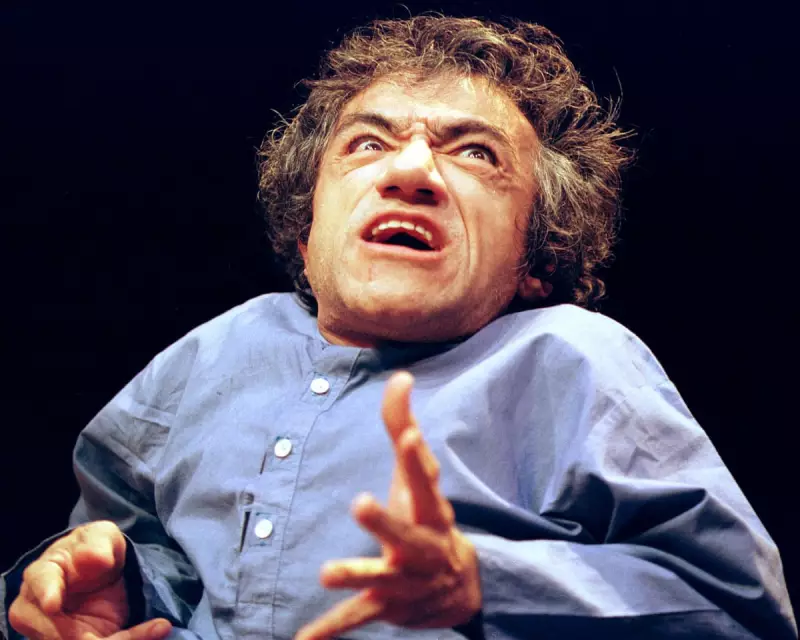
The world of British theatre and disability rights has lost one of its most formidable voices with the passing of Nabil Shaban, a pioneering actor and activist who spent his life challenging perceptions and breaking down barriers for disabled performers.
Born with brittle bone disease, Shaban refused to let physical limitations define his career or ambitions. Instead, he transformed his experiences into powerful artistic statements that would permanently alter the landscape of British performing arts.
From Hospital Beds to Centre Stage
Shaban's journey began in challenging circumstances. Spending much of his childhood in hospital, he developed a fierce determination to prove that disability need not be a barrier to artistic expression. His breakthrough came with the creation of the groundbreaking theatre company Graeae in 1980, which he co-founded specifically to champion disabled performers.
"We weren't asking for permission anymore," Shaban once declared. "We were taking our rightful place on stage."
Television Icon and Sci-Fi Legend
To millions of television viewers, Shaban became instantly recognisable for his unforgettable portrayal of the sinister Sil in Doctor Who during the 1980s. His reptilian villain became one of the show's most memorable creations, demonstrating that disabled actors could command powerful roles beyond stereotypical representations.
His television career spanned decades, with notable appearances in shows like Casualty and Gormenghast, consistently bringing depth and complexity to every character he portrayed.
A Fearless Advocate for Change
Beyond his acting achievements, Shaban was a tireless campaigner for disability rights. His documentary The Last Normals criticised charity approaches to disability that he felt perpetuated pity rather than empowerment.
He famously confronted the Director General of the BBC about the corporation's failure to employ disabled people in significant numbers, asking pointedly: "When are you going to employ some cripples?"
Legacy of a Trailblazer
Shaban's impact extends far beyond his individual performances. He inspired generations of disabled actors to pursue careers in the arts and forced the industry to confront its own prejudices and accessibility barriers.
His work with Graeae Theatre Company created opportunities where none existed before, establishing a platform for disabled artists that continues to thrive today.
As one colleague noted, "Nabil didn't just open doors – he knocked down walls and rebuilt the theatre according to his own inclusive vision."





